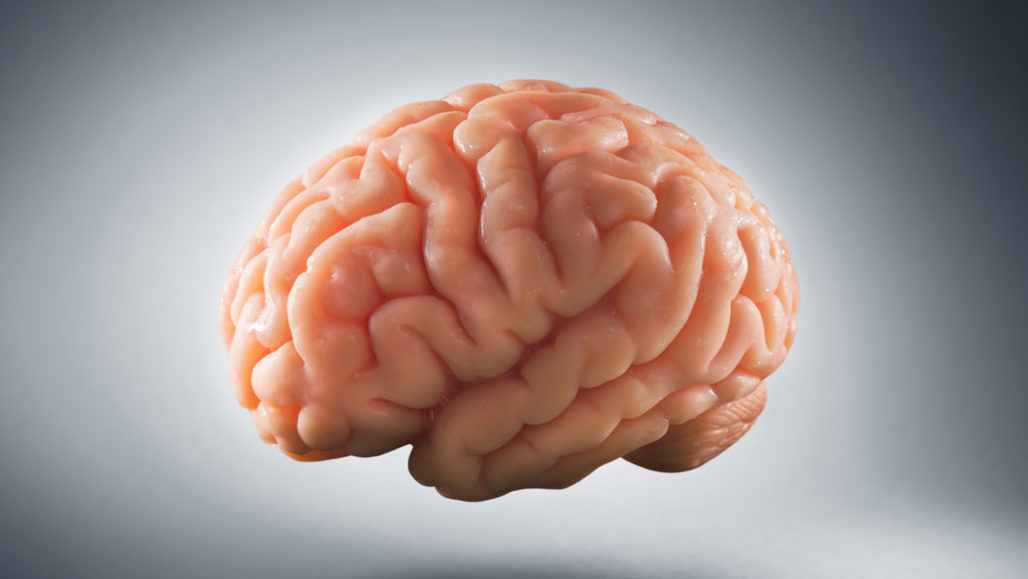A new study from the University of Kent reveals that adolescents and older adults tend to pay less attention to social cues in real-world interactions than young adults.
Their findings, which were published in Nature Human Behavior, are based on the theory that social attention alters with age and have implications for how conventional social interactions are interpreted.
There were two experiments comparing adolescents, young adults, and the elderly.
“In two real-world tasks, participants were immersed in different social interaction situations—a face-to-face conversation and navigating an environment—and their attention to social and non-social content was recorded using eye-tracking glasses,” one co-author stated in a news release.
Interpreting the facial expressions, tone of voice, and gestures of others is a crucial aspect of social interaction that allows us to quickly infer mental states such as intentions, emotions, desires, and beliefs. Successful social interaction fosters perspective-taking and empathy, as well as other crucial social skills, and plays a crucial role in enhancing our wellbeing.
Based on these findings, it was inferred that real-world social attention changes with age and has a greater impact on predicting successful social interactions in daily life than was previously believed.
“The results revealed that, compared with young adults, adolescents and older adults attended less to social information (that is, the face) during face-to-face conversation, and to people when navigating the real world,” the author added.


